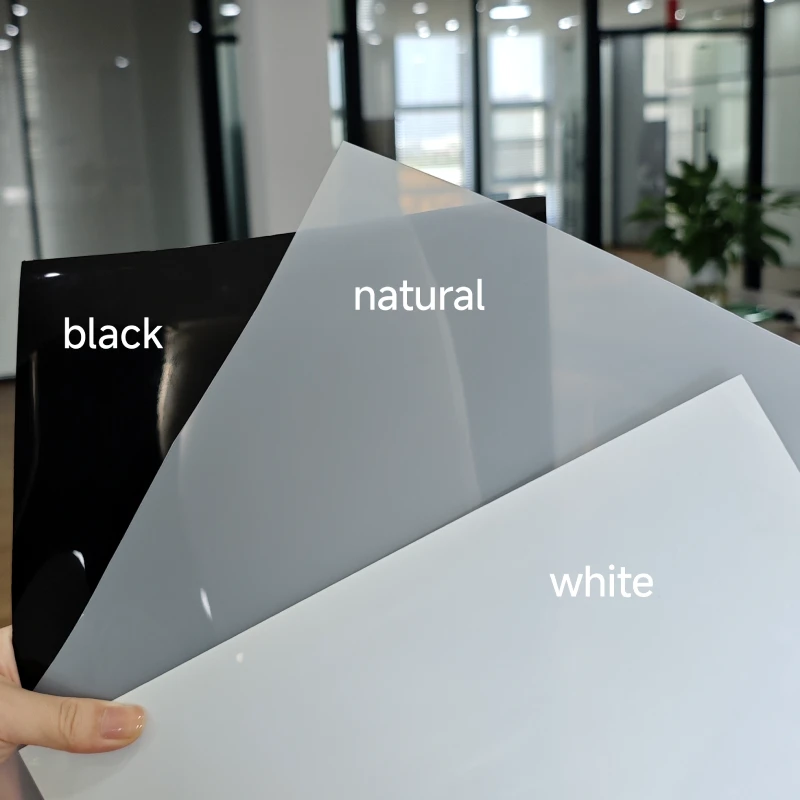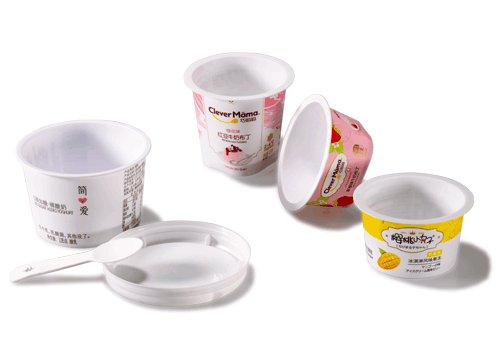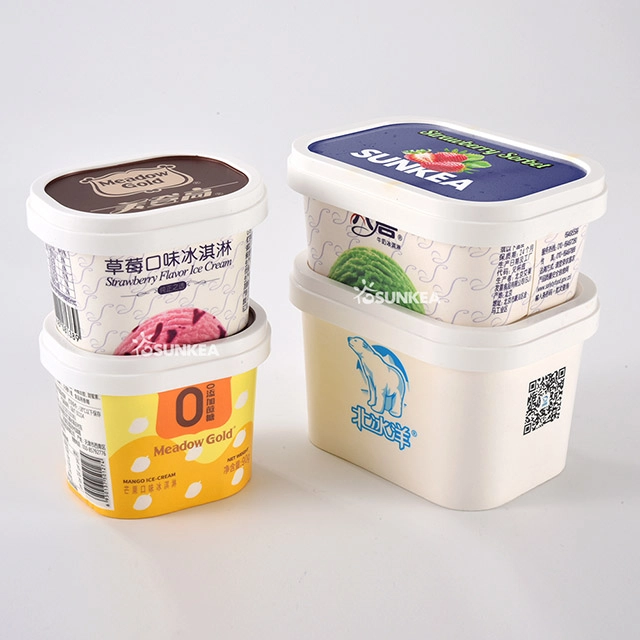Case: Application of PP plastic sheet thermoformed ice cream container

Case background
With the increasing demand for environmental protection, safety and functionality in the food packaging industry, PP (polypropylene) plastic sheet has become one of the preferred materials for thermoforming processing due to its excellent performance. In the field of frozen food, especially in the production of ice cream container, PP sheet has been widely used for its excellent low temperature resistance and food contact safety. This case introduces the practical application and advantages of PP plastic sheet in the production of ice cream container.
Introduction to PP plastic sheet
PP plastic sheet is a lightweight, non-toxic, environmentally friendly thermoplastic material with good rigidity, toughness and low temperature resistance, especially suitable for food packaging that needs to be stored in a frozen state. Its advantages include:
Excellent low temperature resistance: It can maintain the stability of the material without cracking in the freezing environment of the refrigerator.
Food safety: It is non-toxic and harmless, meeting the requirements of food-grade contact materials.
Easy to process: It shows good molding effect during the thermoforming process and is suitable for products with complex shapes.
Environmentally friendly and recyclable: PP material can be recycled, which is in line with the environmental protection concept of sustainable development.

Project Challenges
In this ice cream container production project, the customer put forward the following requirements and challenges:
Material performance requirements: The ice cream container needs to be stored for a long time in a freezing environment of -18℃, and it must not crack or deform.
Production efficiency: The material is required to be suitable for efficient thermoforming processing and to ensure the consistency of each batch of products.
Brand customization requirements: The ice cream container needs to support the printing process to meet the needs of brand marketing.
Environmental protection requirements: It is hoped that recyclable environmentally friendly materials will be used to reduce the impact of packaging on the environment.

Solution
In response to the above challenges, we recommend PP plastic sheet coils with a thickness of 0.6mm to 1.2mm, and provide the following technical support during the production process:
Material customization: Use high-low temperature resistant PP sheet to ensure that the container is still tough and reliable in frozen storage.
Thermoforming optimization: Adjust the thermoforming parameters of the sheet according to the characteristics of the customer’s equipment to make it easier to process and increase the forming speed by 20%.
Support brand printing: The surface treatment of the sheet is suitable for color printing process to create a more attractive packaging design for customers.
Environmental commitment: Provide 100% recyclable PP materials and guide customers to optimize the waste recycling process.
Customer feedback and results
After the project was completed, the customer was very satisfied with the final ice cream container product, mainly in the following aspects:
Excellent performance: The ice cream container has stable performance in a frozen environment, without cracking or deformation problems.
Brand value enhancement: Customized printing design brings higher market recognition and consumer praise to the brand.
Environmental benefits: The use of recyclable PP materials effectively reduces the environmental impact of packaging waste and enhances the green image of the company.
Production efficiency: The optimized material processing performance significantly improves the efficiency of the production line and further reduces production costs.

Summary
PP plastic sheet has become an ideal material for thermoformed ice cream container due to its excellent performance and environmental advantages. In the future, with the continuous development of the frozen food industry, PP sheet will have broader application prospects in the field of food packaging. By continuously improving material performance and processing technology, we will continue to provide customers with high-quality packaging solutions and contribute to food safety and environmental protection.







